
Dr. Thomas Marron explains how therapeutic vaccines differ from preventative vaccines in lung cancer care.

Dr. Thomas Marron explains how therapeutic vaccines differ from preventative vaccines in lung cancer care.

Dr. Charles M. Rudin discussed recent treatment advancements for patients with small cell lung cancer.
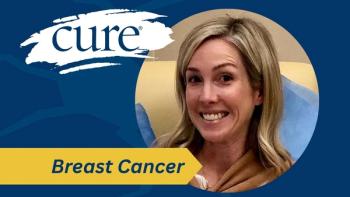
After her own breast cancer treatment, Maureen advocated for legislation to make scalp cooling more accessible for patients seeking to preserve their hair.

For Silvia Davis, a breast cancer diagnosis at the age of 36 led to a fertility preservation journey that resulted in her son, John.

October is Breast Cancer Awareness Month, and CURE is here to address some of the most common questions patients have after a breast cancer diagnosis.

The FDA granted breakthrough device designation to Quest Diagnostics’ Haystack MRD test for patients with stage 2 colorectal cancer after surgery.
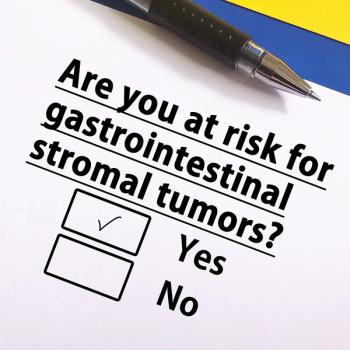
Among patients with advanced gastrointestinal stromal tumors, Gleevec and Mektovi was associated with benefits in progression and survival.
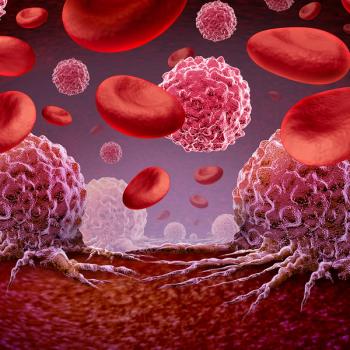
Long-term follow-up data from the phase 3 MANIFEST 2 clinical trial have been revealed.
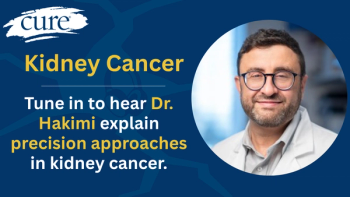
Dr. Ari Hakimi highlighted how tumor profiling and molecular markers are expanding access to precision-based trials for kidney cancer.

Breyanzi demonstrated a 95.5% response rate among patients with relapsed/refractory marginal zone lymphoma, as well as a durable safety.
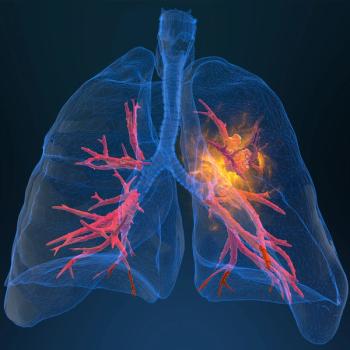
Biomarker testing is vital for all patients with lung cancer, especially younger individuals who have higher rates of actionable mutations.
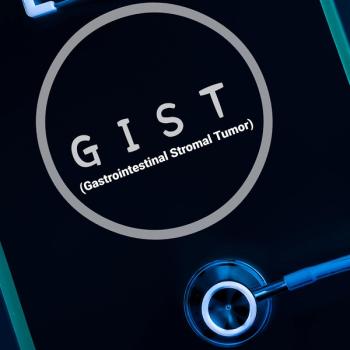
A phase 1 trial has initiated and is investigating treatment with ziftomenib plus Gleevec in advanced GIST following progression on Gleevec.

Deferring upfront CNS-directed radiation in EGFR-variant and ALK-positive NSCLC may improve outcomes but raises treatment-related toxicity risks.

Ann Graham of MIB Agents discussed some of the challenges adolescent and young adult patients deal with after cancer diagnoses.

The panel concludes their discussion with a conversation about the myths surrounding the treatment of cervical cancer.

Experts on cervical cancer offer provide comprehensive insights on the challenges patients experience and discuss ways to improve care.

Linda Ryan, a recurrent cervical cancer survivor and patient advocate, offers advice for patients undergoing cervical cancer treatment on advocating for yourself and communicating with family.

A gynecologic medical oncologist, a registered nurse, and a patient advocate have a conversation about shared decision-making for patients with cervical cancer.

The panel discusses unmet needs in the treatment landscape for patients with cervical cancer and the importance of clinical trials.

Comprehensive insights on the journey of a patient with cervical cancer and treatment options upon progression, with a focus on tisotumab vedotin.

Expert perspectives on how to best match the right treatment with the right patient with cervical cancer.

Clinical insights on treatment options for patients with newly diagnosed metastatic cervical cancer, with a focus on immunotherapy and the KEYNOTE-826 trial.

Experts on cervical cancer discuss treatment options for patients with primary or recurrent cervical cancer and review the GOG 240 study.

The expert panel discusses ways doctors can make cervical cancer screening easier in terms of access and the patient experience.

Linda Ryan, a patient advocate, details her treatment journey with cervical cancer and discusses resources available to patients.

After introducing the panel, Claire Friedman, MD, provides a brief overview of the screening process, prognosis, and treatment of cervical cancer.